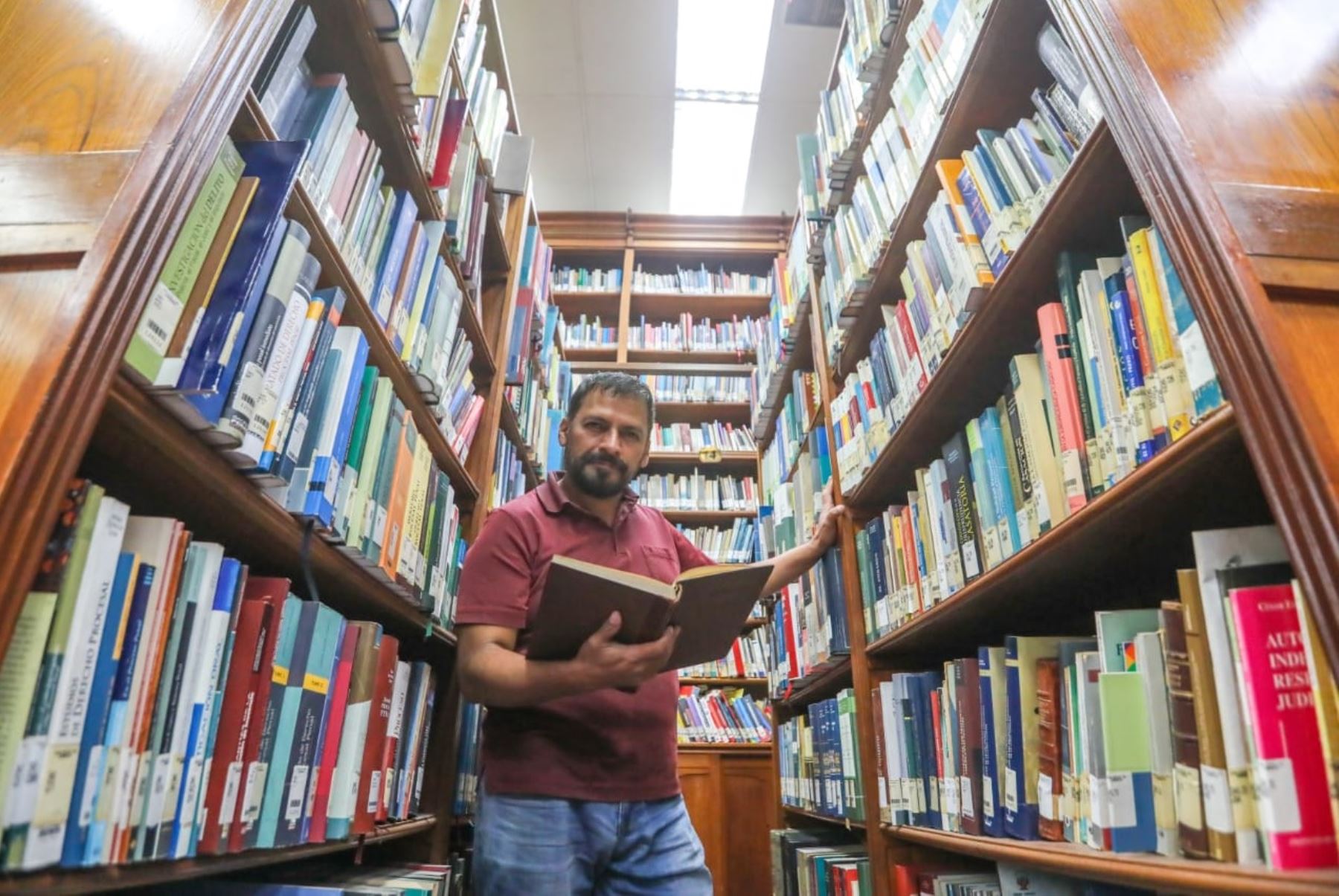The eighth meeting of the year of the Disability Working Group of the Strategic Planning Council was held in virtual mode. On this occasion, it had the participation of Darío Mischener, Director of the ICT specialization; Marcelo Ranzoni, in charge of the EMPATIZANDO space and ICT teacher, students of the ORT school in Belgrano; to tell how they work in social-technological projects in order to help people with different disabilities. “We at ICT, at the ORT school, work with a methodology that is project-based learning, and within this learning we have a space that we call Empathizing. In it, our objectives have to do with two lines of work: one, fundamentally, to make our students aware of different situations, different realities; and on the other hand, this work that we do in space allows us to motivate them, inspire them in the development of projects, those whose objective is to break down barriers that society proposes in certain situations ”, explained Ranzoni, by way of introduction. “During the year we carry out different activities, meetings to raise awareness and social responsibility and we call on different organizations to advise on ideas, assist in the development of projects and test them in the relevant spaces”, continued Professor Marcelo Ranzoni , in reference to the pedagogical process of the initiative.
Reinforcing these concepts, Darío Mischener, “all the students of our specialty who develop projects of social impact, do so by their own decision, by conviction, it is not by obligation. They can develop projects for project work learning, the integration of technologies and show us that they know the curricular contents for a project of their own interest, for a project of commercial interest, or to provide a solution to an internal client within the school. , or an external one. For us, the motivation that leads students to develop their productions and drive learning is very important ”. Emphasizing these initiatives, he stressed that many projects have more than ten thousand downloads in various Spanish-speaking countries, from Spain to the entire American continent, which represents a true pride for the institution and teachers, that these projects transcend the laboratory That they cease to be curricular projects to satisfy the demand of a teacher and become projects of interest to students to positively impact people’s quality of life.
The teachers then introduced the fourth and fifth year entrepreneurial students. Each team had a space to present what their project was about, how the idea arose and how they carried out the design and solution to a certain problem. The innovative projects presented were the following: 1) Basket On Wheels, a solidarity project in order to disseminate information about adapted basketball; 2) YouDetect, a help system for blind people, based on two technologies: the opening of doors and glasses capable of detecting things above the eyes; 3) Foraü, a space for communication and organized meeting on Autism Spectrum Disorder (ASD); 4) Lecto, a text editor like Word, for people with dyslexia. This application has more than 10,000 different users from 35 countries. From the beginning of development they had the support of Microsoft and the NGO Disfam. In 2020 they won two of the Sadosky Awards, sponsored by the Argentine Chamber of Software and recognized by the prestigious Varkey Foundation.
After the round of questions and farewell to the guests, the organizations continued the development of the day’s agenda with the presentation of topics to work on. There were several interesting proposals to discuss in the coming months.
It was reported that within the framework of updating the Urban Environmental Plan, the contributions to the Ribera del Río de la Plata and Avenida General Paz Sector Plans were presented to the Permanent Participatory Forum, in order to hear contributions and observations. In the same way, the eighth workshop of the Participatory Strategic Plan for Economic Development and Social Innovation BA 2035 was held, where what was produced was reviewed and new proposals in relation to Actions and Projects were incorporated. Regarding the Evaluation and Monitoring of PEPBA 2035, it was decided in the last workshop the steps to follow in 2022 and to draft a document with the methodology to present at the end of the year Assembly.
The representative of the Working Group in the Regulations Commission, commented that in the Executive Committee meeting corresponding to the current month, it will be proposed that the disability group become Dimension.












